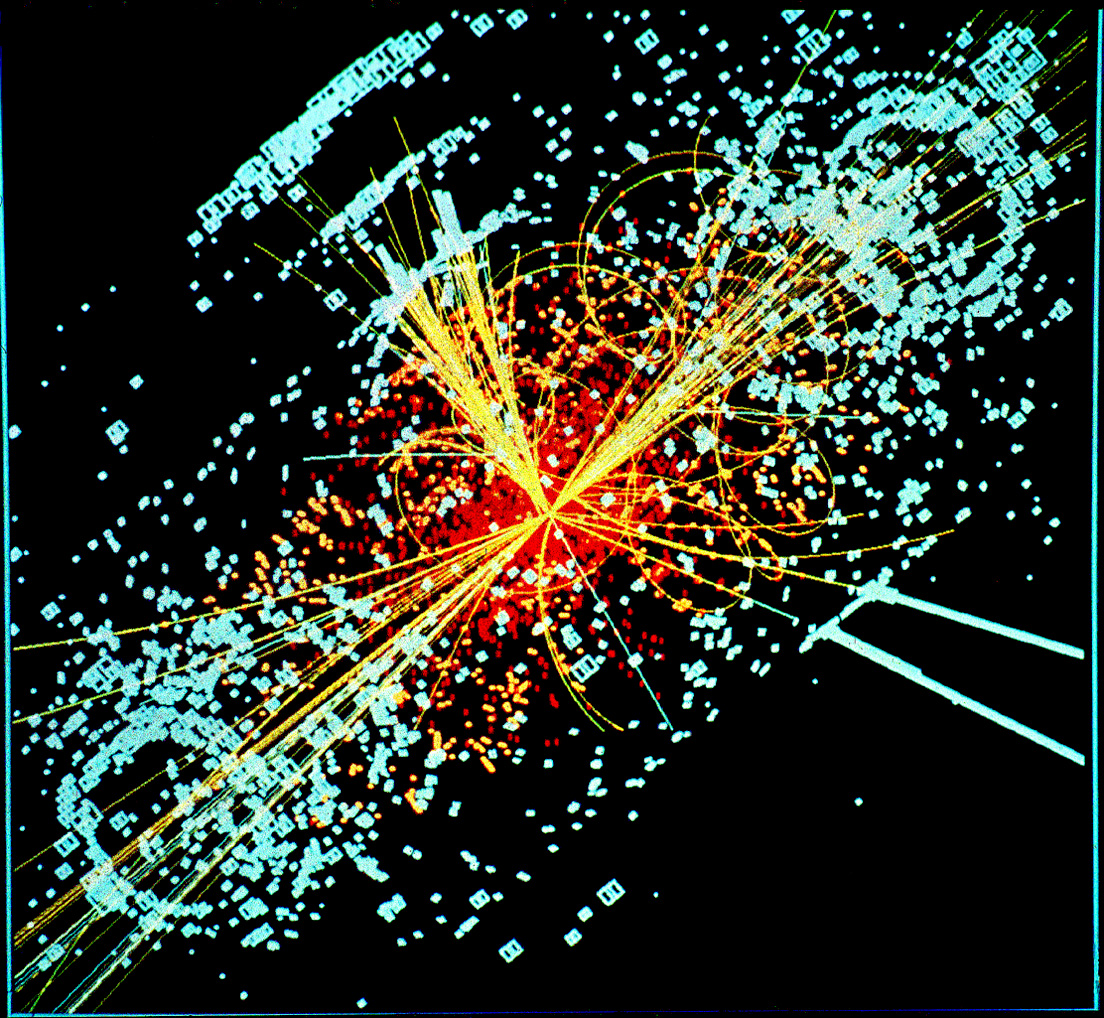I don't think so.If you had started reading my post a little closer the first time, my responses would have made a lot more sense.
It isn't the same. Being brain dead ends (observable) consciousness permanently, while being under anesthesia only interrupts consciousness for a limited time.I said that anesthesia only affects the conscious part of the brain and that the effect on consciousness is the same as being brain-dead.
Nobody has come back to report on what it's like to be brain dead, so how could you possibly know?Total oblivion, i.e. no emergent conscious thoughts, just like being dead.
I'll take your word for it, for now. So what?Anesthesia does not affect homeostasis, but that is an unconscious control function.
Only insofar as neither of us is convinced that gods are real. Beyond that, atheism doesn't compel us to share any other specific beliefs.As atheists we play in the same playground.
Yours is quasi-religion that you have concocted out of snippets of claims made by two or three writers, in the main. The major prophets of your personal religion are, apparently, Hameroff, Tegmark and Bohm. Of course, you don't really understand much of what any of those guys have written, so your fervent beliefs are often a sort of mish-mash of vague feelings you've taken away from the writings of the "prophets", combined with a hefty dollop of your own wishful thinking and imaginings. The overall landscape you have built for yourself is not that different from a typical religious dogma. It shares the usual attributes of being demonstrably false in some respects, unproven in others and unfalsifiable in yet others.Don't tell me that mathematics is my religion.
You're the first person here who's told me that I refuse to critique religion. Many religious people who have come here have complained that I critique their religions too much, which is the opposite of what you're claiming.It is your refusal to critique religion that makes you agnostic, not atheist.
I'm both agnostic and atheist. I'm an agnostic atheist.
Which parts of the bible are you referring to? I mean, sure, not everything in the bible is false. That would be a silly claim to make. I don't believe the stuff about gods and souls and such is true.Apparently you believe what the bible has told you might be true.
What are you referring to, specifically?
I don't know that God, Heaven and all that "unknowable" stuff is real. (How could anybody know about "unknowable" stuff?)That makes you just an agnostic, you just don't really know anything about God, Heaven and all that unknowable stuff that is religion, right?
But this brings us right back to your central claim in this thread. You claim to know that there is no heaven, whereas all I say is that I'm not convinced either way. I'm agnostic on the question of whether heaven is real, you could say.
My question to you, which you have so far been unable to answer to my satisfaction is: how do you know heaven isn't real?
You have no idea? Don't you think it might be a good idea to do some preliminary reading to find out what some other people have to say about souls, before you simply proclaim that they aren't real? Ask a religious person what there is to say about souls. Quite a lot has been written on the matter over the years, you'll find.What exactly is there to say about souls or anything like that?
You're really new to this, aren't you?1. Now that is an illogical position: "live on after death" is a contradiction in terms.
- Oxford Dictionary
Religious people say that everybody has an immaterial soul that can exist separately from the body. It is the soul whose existence continues on after the death of the material body. That's the concept. There's no contradiction in terms, once you understand the basic concept.
I don't think you understand how dictionaries work.2. If mathematics is the essence of spacetime geometry, then the Universe has a mathematical soul, no?
Surely you've heard people use terms such as "the spirit of mathematics" or "the soul of science"? Those people are using what we call metaphors. Do you know what a metaphor is, Write4U?



